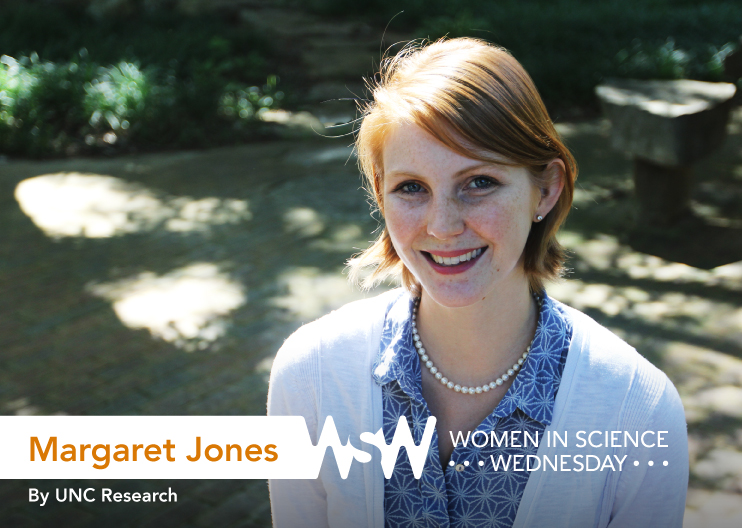When you were a little girl, what was your response to this question: “What do you want to be when you grow up?”
In third grade, I found a kid’s crime scene investigation book in the school library. I spent the next few days roaming around the house dumping baby powder on everything, trying to lift fingerprints. Shows like “CSI” and “Bones” totally fascinated me. Later, I also wanted to be a novelist, astronaut, epidemiologist, or doctor.
Describe your research in five words.
“What makes coastlines change shape?”
Share the pivotal “moment” in your life that helped you choose research as a career path.
I had this life-changing middle school teacher named Mary Wilde who was also our school’s Science Olympiad coach. She loved the earth sciences and her classroom had a great collection of rocks and minerals. She taught me how to think spatially and how to pause and make careful observations when presented with a new problem. So many middle school assignments were just writing on paper, so it was so refreshing and fun to go to her classroom and have the tactile experience of holding a piece of rock or building a little model aquifer. Once I got to college and discovered the geology major, I was smitten.
What’s a funny thing that’s happened during your research?
My undergraduate advisor, David Furbish, is a Gandalf-like figure who takes a completely joyful approach to his research. When I first joined his group, he had me get my feet wet, so to speak, by asking me to set up a tank full of water in the basement and watch carefully as different sized sand grains settled to the bottom, forming neat little piles. I was fascinated with the swirly, circuitous paths that the smaller sand grains took as they settled, and the videos I made earned me my first lab meeting high five! (Once I eventually had field data from my actual project, he was so excited he practically crawled across the table for a high five!) This science-as-play ethos was apparent in his lab group whether we were nudging lime green pebbles off a miniature slope, trying to hear the difference between hot and cold water, or injecting bubbles in shampoo and tracking their rise to the surface.
What advice would you give to up-and-coming female researchers in your field?
My advice applies to young men as well as young women: Let curiosity and fun guide you! In job interviews, I’m always asked about that one summer in undergrad I spent digging up mammoth bones just because it sounded cool — even though it’s completely unrelated to any of my research. You will have to specialize as a young scientist, but your skill set and interests can go well beyond your thesis. Learn a bit about politics, theatre, or literature if that’s what interests you. Learn how to code, how to design beautiful maps, how to build things. You might never use these skills in your work directly, but the conversations and experiences you have while pursuing your secondary passions may change the way you approach your research.


